What Are The Benefits of Having A Scalp Massage? Experts Take
Mar 14, 2024 By Nancy Miller
A scalp massage focuses on the specific areas of the head, neck, and ears directly. A scalp stimulator or the user's hands and palms are the usual tools for the job. Oil is sometimes used to help the scalp relax and receive nutrients. Simply massaging the scalp might alleviate anxiety in the neck and head regions.
Most people experience tension in their jaws and behind their ears. This stress may be transmitted to the brain, causing ongoing headaches or migraines. A face and head massage may soothe the neurological system and reduce pain or suffering, alleviating this tension.
How To Do A Scalp Massage
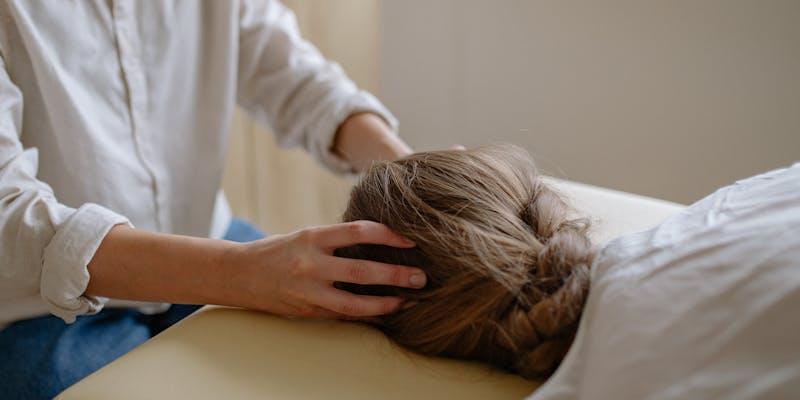
After reading about all the advantages, we bet you're dying to know how to massage someone's head properly. It seems your wishes have come true! The most important factors to keep in mind while massaging someone's head are:
- Get to the scalp and hair follicles with your fingers or a massage brush used by the scalp stimulator for the scalp.
- Massage or argan oil is optional, but if you do, lay a towel over your neck and place it on your chair to collect any drips.
- Start the massage by applying mild to medium pressure on your head.
- Create circular movements with your fingertips or the massage tool over the scalp.
- Make sure to massage for at least five minutes for the most effective results.
- That's all. After reading this, just five minutes daily will do wonders for your scalp. After all, it's the best way to keep it healthy and healthy hair.
Benefits Of Scalp Massaging
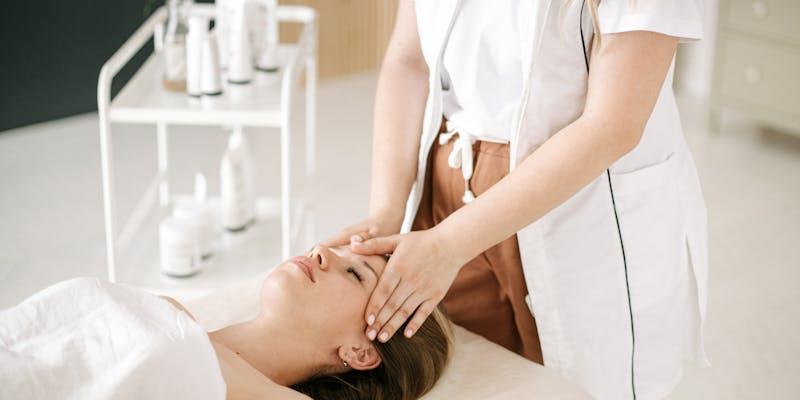
Reduces Buildup
If you want to remove hair products, dead skin, and other debris from your scalp that your fingers may miss, use a decent scalp massage brush. Along with relieving irritation and exfoliating dead skin, this helps eliminate dandruff, especially when used with a good shampoo. Your hair may still have grit and filth after a shower. You may not realize it!
Promotes An Uplifted Mood
Everyone knows a massage relaxes. Massage improves physical and mental wellness, whether a deep tissue massage to reduce stress or a shoulder rub from a loved one. You may also massage the scalp! According to a study, a head and scalp massage best improves emotional and psychological wellness. Unwind and relax with a scalp massage.
A scalp massage releases serotonin, and this fact is verified medically. To enhance results, use a bamboo scalp massager instead of your fingertips. Due to its concentration on the scalp's most vulnerable parts, a bamboo scalp massager enhances its therapeutic benefits. Any stress-reduction effort helps the entire body (and hair!), so start with scalp massages. A five-minute daily massage on dry hair with a hair serum or scalp cleanse may benefit your scalp and hair for years.
Improves the Nervous System
The neurological benefits of a quick face and head massage might amaze you. Massage therapists report many good client results, and research demonstrates that frequent massage treatment improves neurological conditions. While most research on massage's impact on the neurological system has focused on degenerative disorders, the results suggest that including massage in a wellness program helps people with diverse neurological system functioning.
Scalp massage benefits the neurological system beyond touch's therapeutic effects, so you don't need someone else's help. Massaging your scalp using a bamboo scalp massager may help your nervous system, circulation, healing, and overall balance. Like other types of massage, scalp massage may relax and harmonize your body, strengthening your nervous system and improving its function.
Promotes Hair Growth
Long-standing anecdotes relate face and head massages to hair development. People report considerable hair length and health gains following a scalp massage due to improved scalp health and fewer hurdles to healthy, natural hair growth. Proof of these claims has been uncovered.
A 2016 study found that regular scalp massage thickens hair. Participants' scalps had thicker, stronger hair after 24 weeks of regular scalp massages. A 2019 study with 340 participants confirmed these early results. Volunteers performed the same scalp massage twice daily to reduce hair loss. Massages reduced hair loss and increased hair growth for 69% of research participants with alopecia.
Promotes Healthy Bonding
You may give yourself a face and head massage whenever you like. However, scalp care should go beyond the shower. You may deepen your friendship and improve your skills by massaging each other's scalps. Many cultures massage the scalp to provide loved ones pleasure, peace, and well-being.
Bamboo scalp massagers boost the hormone that makes individuals feel secure and connected. If you're not in the mood to massage your scalp, ask for one as an extra at your next hair appointment, or hire a friend. A professional scalp massager can give you the finest technique to share with friends and family, improving blood circulation and hair follicle strength.
Natural Remedy for Headaches and Tightness
Massage naturally relieves migraines, headaches, and mental health issues. According to research, massages reduce headache severity, frequency, and length. Tension headaches can cause back, neck, and eye pain. A face and head massage can help a lot. Scalp massages increase serotonin, the "happy hormone," which reduces stress and anxiety. Some scalp massages also reduce boredom and depression.
Tightness in the scalp may be noticeable, and a good hairdresser or massager can tell whether you're anxious about anything. However, unless you run your fingers through your hair, you won't fully experience it. People tend to hold a lot of tension across their hairline, behind their ears, and in the neck, mostly due to stress and partly due to posture.
When you tense your scalp, your blood vessels contract, which lowers blood supply to your hair follicles. Additionally, it has the potential to interact with muscular tensions in the back and neck, leading to headaches and back painsymptoms exacerbated by the spinal strain that comes from spending all day bent over a computer.
Regular scalp massages, whether performed by a loved one, friend, or even oneself with a scalp massager, may help alleviate stress in the scalp. For a more relaxed scalp, masseuses should work their magic on the temples and the back of the head, just behind the ears.
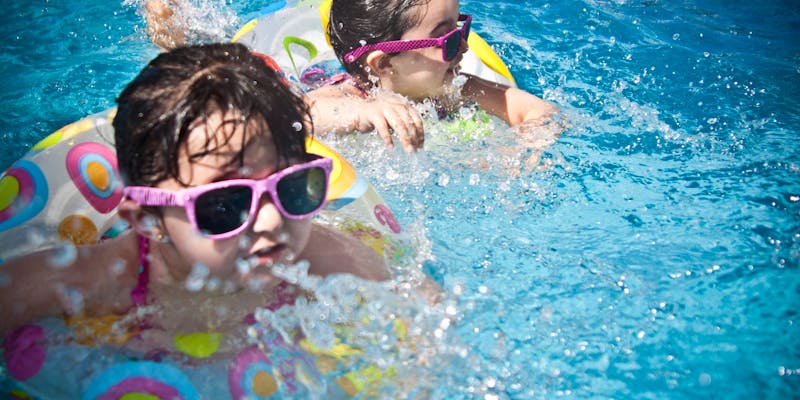
How to Protect Your Hair and Skin During Swimming Season

Enhancing Your Movement: A Guide to Mobility and Flexibility Workouts

Beginner’s Guide to Assisted Pullups
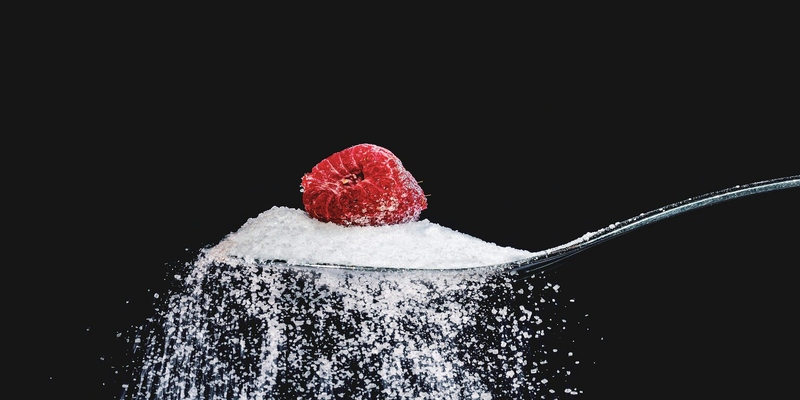
Understanding Sugar's Importance in Our Body
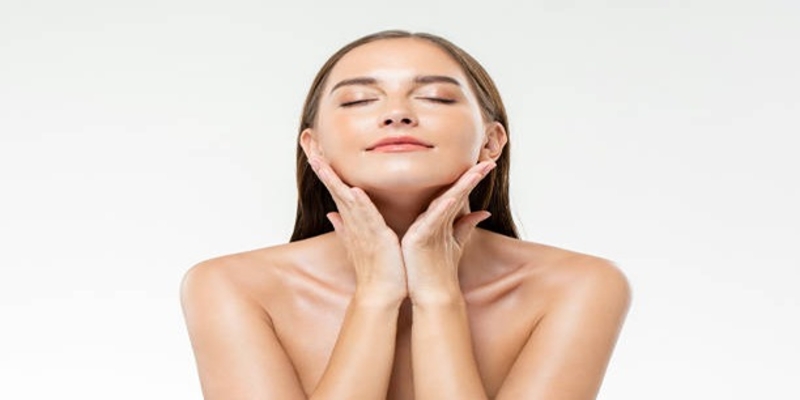
Exfoliate Your Way to Smooth Skin: Top 8 Benefits of Facial and Body Scrubs

Exploring Healthy Cold Water Fish Varieties for Your Diet
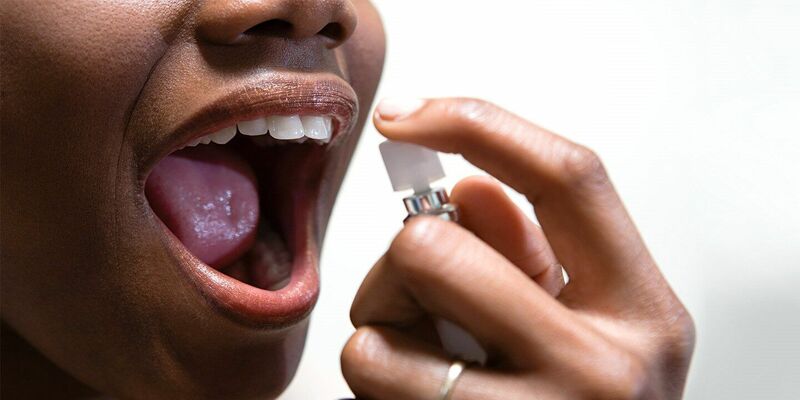
What Are The Reasons Why Your Breath Smells Bad?


